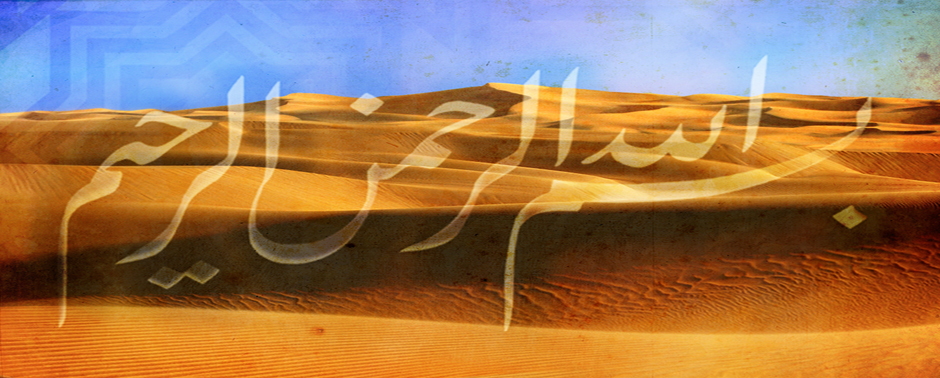The word Sunnah : An honor in role model
The word Sunnah has several meanings path, advancing, nature, sharia, face, familiar way. It also refers to whole sum of Prophet Muhammed’s(saw) words, actions and explainations.
Holy Quran mentions this word of sunnah as “sunnatu al-awwaleena”, in four suras with the meanings of “the traditions of the antedated nations’ path” and “judgement applied to antedated nations” (Al-Anfâl 8/38, Al-Hijr 15/13, Al-Kahf, 18/55, Fâtir, 35/43)
Plural of the word sunna is sunen and below it is used as sharia, system of code of laws:
Systems have passed away before you. Do but travel in the land and see the nature of the consequence for those who did deny (the messengers). (Aal-E-Imran 3/137)
When sunnah is attributed to a person it means his complete set of actions and behavioral habits. Sunna is secondary source of information and rules after Holy Quran. Also used as jurisprudential validation in Fıqh tradition.
Sunna has three types according to deduction from Prophet(saw):
1) Verbal Sunnah: All kinds of words of Prophet Muhammed(saw), also know as a separate discipline, Hadith
2) Practical Sunnah: An example would to perform salat or Hajj. A hadith in Buhari is as “…Pray as you have seen me praying..” (Sahih Bukhari Book 1 Vol 1, Hadith no: 604)
3) Explanatory Sunnah: If Prophet(saw) saw or heard an occurrence or habit performed by someone else and he makes no comment of it in a prohibitive manner, it is considered that he does not reject or condemn it. The permission to visit graves is deduced in such fashion
For instance;
Narrated Anas bin Malik: (r.a)
The Prophet passed by a woman who was weeping beside a grave. He told her to fear Allah and be patient. She said to him, “Go away, for you have not been afflicted with a calamity like mine.” And she did not recognize him. Then she was informed that he was the Prophet . so she went to the house of the Prophet and there she did not find any guard. Then she said to him, “I did not recognize you.” He said, “Verily, the patience is at the first stroke of a calamity.” (Sahih Bukhari Volume 2, Book 23, Number 372)
Since he didn’t forbade the lady to visit the graves but suggested showing patience over loss of life, it means men and women can visits graves.
There is a firm concordance among scholars that sunnah is jurisprudential validation after Holy Quran since in many suras Allah(j.j) indicate absolute compliance to Prophet’s(saw) sunnah.
Obey Allah and obey the messenger, and beware! But if ye turn away, then know that the duty of Our messenger is only plain conveyance (of the message). (Al-Maeda 5/92)
Whoso obeyeth the messenger hath obeyed Allah, and whoso turneth away: We have not sent thee as a warder over them.(An-Nisa 4/80)
What Allah has bestowed on His Messenger (and taken away) from the people of the townships,- belongs to Allah,- to His Messenger and to kindred and orphans, the needy and the wayfarer; In order that it may not (merely) make a circuit between the wealthy among you. So take what the Messenger assigns to you, and deny yourselves that which he withholds from you. And fear Allah; for Allah is strict in Punishment. (Al-Hashr 59/7)
The Prophet passed by a woman who was weeping beside a grave. He told her to fear Allah and be patient. She said to him, “Go away, for you have not been afflicted with a calamity like mine.” And she did not recognize him. Then she was informed that he was the Prophet . so she went to the house of the Prophet and there she did not find any guard. Then she said to him, “I did not recognize you.” He said, “Verily, the patience is at the first stroke of a calamity.









You must be logged in to post a comment Login